Episode 27. That Time of Evening (Music for a World in Crisis II)
SOCIAL SHARE
SUBSCRIPTION PLATFORM
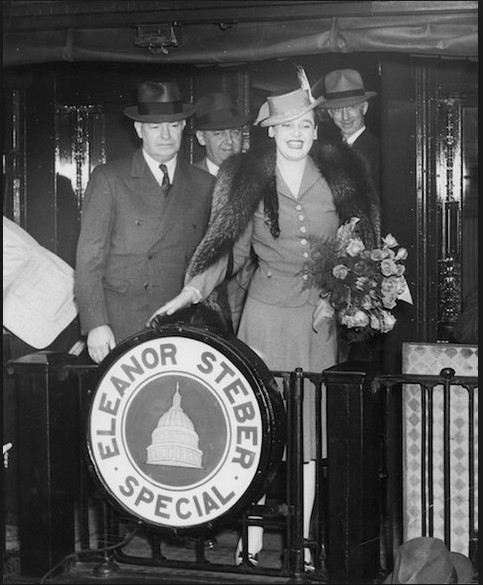
Today’s episode, spontaneously crafted over the course of a few hours, features live performances of three longer works that, each in its own way, has something very specific to offer us as we face the uncertainty of our immediate future. First, a 1946 performance of Brahms’s Alto Rhapsody featuring the African American contralto Carol Brice with Serge Koussevitzky leading the Boston Symphony Orchestra. There follows a live performance from 1954 of French soprano Françoise Ogéas performing the title role of Debussy’s Rossetti-based cantata La damoiselle élue with mezzo-soprano Ginette Guillamat as the Récitante. Debussy specialist Désiré-Émile Inghelbrecht leads the forces of the ORTF. The third major work in today’s episode is Samuel Barber’s Knoxville: Summer of 1915, in a live Carnegie Hall performance from October 10, 1958 by Eleanor Steber, who commissioned and premiered the work, accompanied by pianist Edwin Bitcliffe. Guest vocal appearances by Jewel Brown singing “I Left My Heart in San Francisco” and Marian Anderson performing “He’s Got the Whole World in His Hands” round out the episode.
RECORDINGS HEARD IN THIS EPISODE
with whom she toured for many years in the 1960s.
George Cory, Douglas Cross: I Left My Heart in San Francisco. Jewel Brown with Louis Armstrong. Live recording from Australia, 1963. Here is an archived article about Ms. Brown, who, as far as I know, is still with us at the age of 82, who on the basis of this recording alone, is one hell of a singer!
Johannes Brahms: Alto Rhapsody, Op. 53. Carol Brice, contralto; Serge Koussevitzky, conductor; The Boston Symphony Orchestra and Festival Chorus. Live recording, Lenox, MA, 3 August 1946. As I described in the introduction to the piece, the verses that Brahms set are an excerpt from Johann Wolfgang von Goethe’s Harzreise im Winter. Here is a link to the text of that poem, beautiful spoken. This link to the Carol Brice Music Association tells more about the extraordinary singer who contributed her enormous gift across a wide range of musical genres. Click on this link for further background on the Russian maestro Serge Koussevitzky. And here is an article that provides more background on Brahms’s Alto Rhapsody, including the personal experiences that directly influenced the composition of the piece and the composition of Goethe’s poem. Below see the album covers of some of Carol Brice’s recordings.
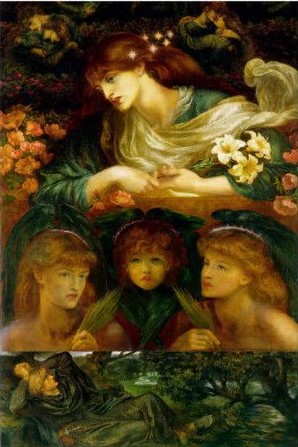
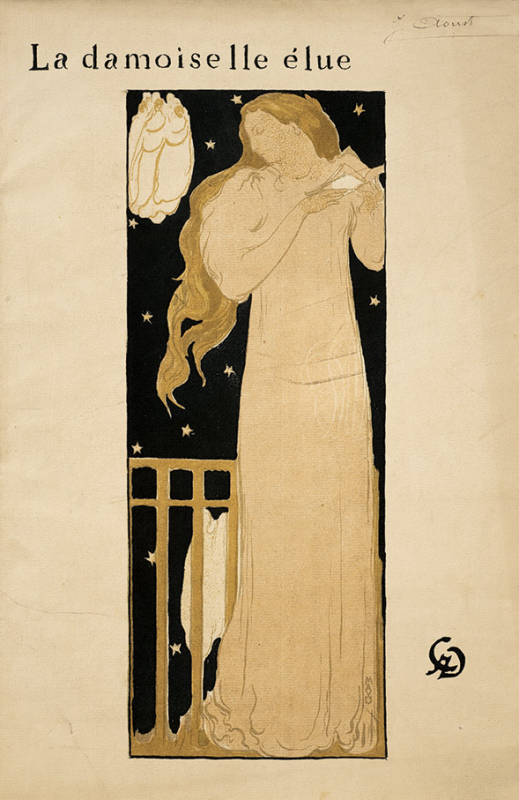
Debussy: La damoiselle élue. Françoise Ogéas (La Damoiselle); Ginette Guillamat (La Récitante); Désiré-Emile Inghelbrecht conductor; Orchestre national et Choeurs de Femmes de la RTF, Live radio performance, Paris, 30 December 1954. I have been able to find precious little information about Mme. Ogéas apart from the fact that she was born in 1930 and spent many years living in Italy, where she taught singing. She made a number of high-profile recordings with André Cluytens (Yniold in his studio recording of Pelléas et Mélisande), Désiré-Emile Inghelbrecht (the soprano solo in the Fauré Requiem), and Lorin Maazel (The title role in his award-winning recording of L’Enfant et les sortilèges). She also sang the latter role at the Opéra de Paris in 1960 and participated in recordings with the composer, singer, and folklorist Arne Dørumsgaard (1921-2006), whose compositions and folk song arrangements have been performed by singers from Kirsten Flagstad to Gérard Souzay to Frederica Von Stade to Aksel Schiøtz to Teresa Berganza to Richard Lewis to Elly Ameling. The lush-voiced Ginette Guillamat (1911-1999) is equally elusive, but I found a marvelous recording on YouTube from 1938 of her singing four mélodies by Gabriel Fauré accompanied by the marvelous French pianist Vlado Perlemuter, a recording that was made in conjunction with her being awarded the International Gabriel Fauré Prize.
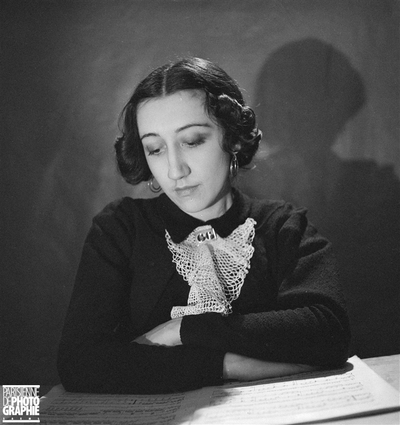
Ginette Guillamat 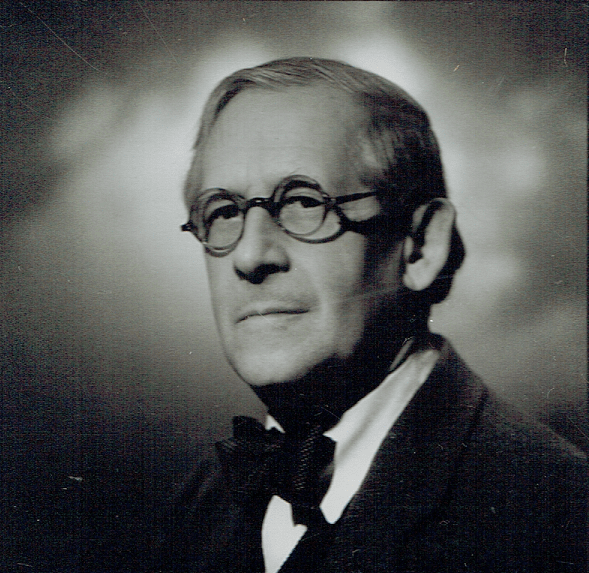
Désiré-Emile Inghelbrecht 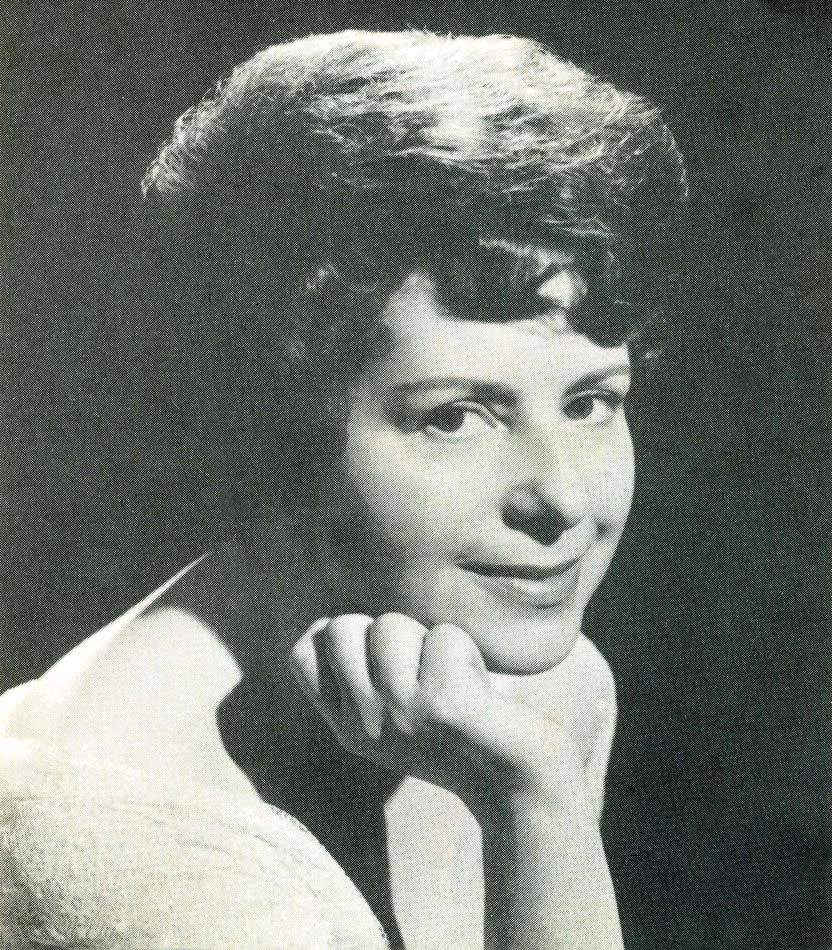
Françoise Ogéas
Here are the covers of a few (actually the majority) of Françoise Ogéas’s records.
And here are the covers of a few of Inghelbrecht’s recordings of the music of Claude Debussy, which are of enormous musical and historical importance. And here is the link to an extremely tempting (and expensive!) volume of the letters between Debussy and Inghelbrecht.
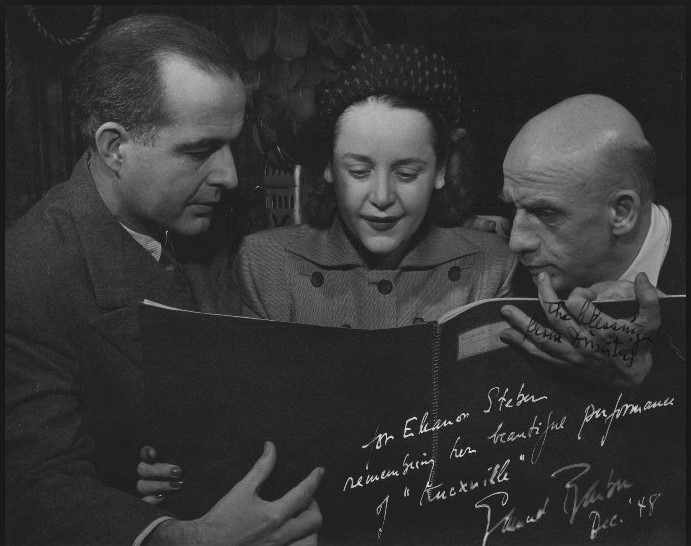
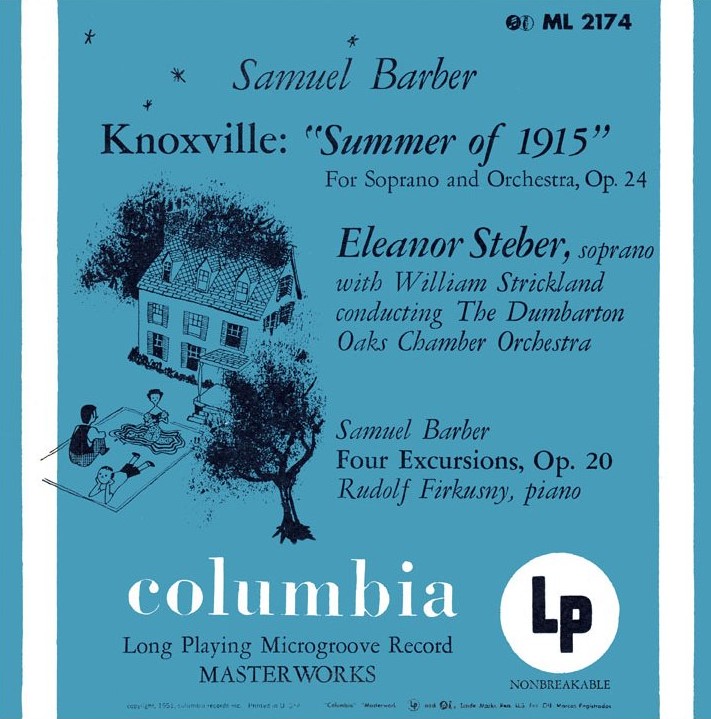
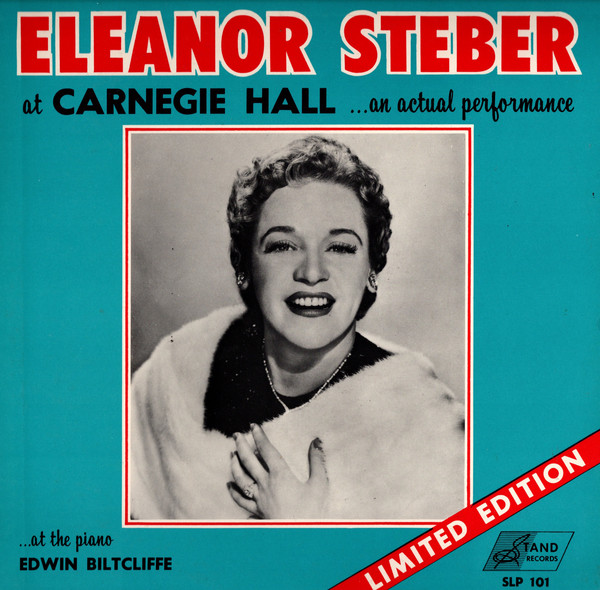
Samuel Barber: Knoxville: Summer of 1915. Eleanor Steber, soprano; Edwin Bitcliffe, pianist. Live recording, Carnegie Hall, 10 October, 1958. Here is a recording of Eleanor Steber’s legendary 1958 Carnegie Hall recording. I have created a YouTube playlist of the complete concert. It is a staggering achievement. Here is a program note from the New York Philharmonic describing the piece and its genesis. And here is James Agee’s complete prose poem, the latter part of which Barber set.
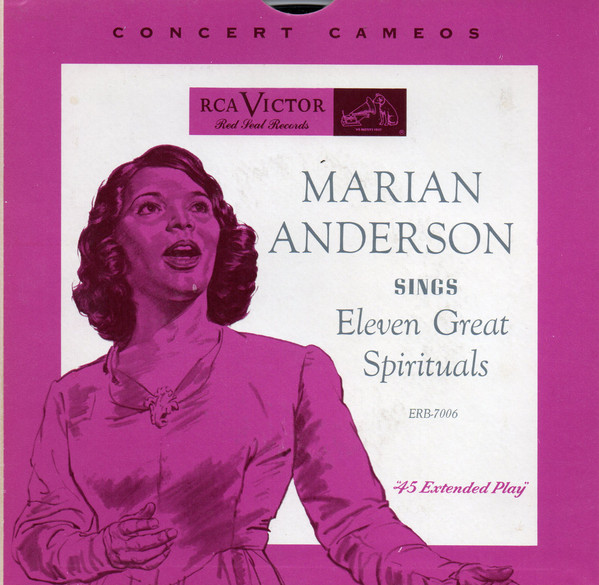
Traditional Spiritual: He’s Got the Whole World in His Hands. Marian Anderson, contralto; Franz Rupp, pianist. Recorded 14 May 1952. RCA Records LRM 7006. This piece often took pride of place on many of Marian Anderson’s recitals. She gives a fervent, sincere and completely unpretentious reading of this song which offers the listener a profound sense of comfort and solace, whether one is a “believer” or not. There are very few other singers who can work this magic: Mahalia Jackson and Aretha Franklin spring to mind as other prime examples.

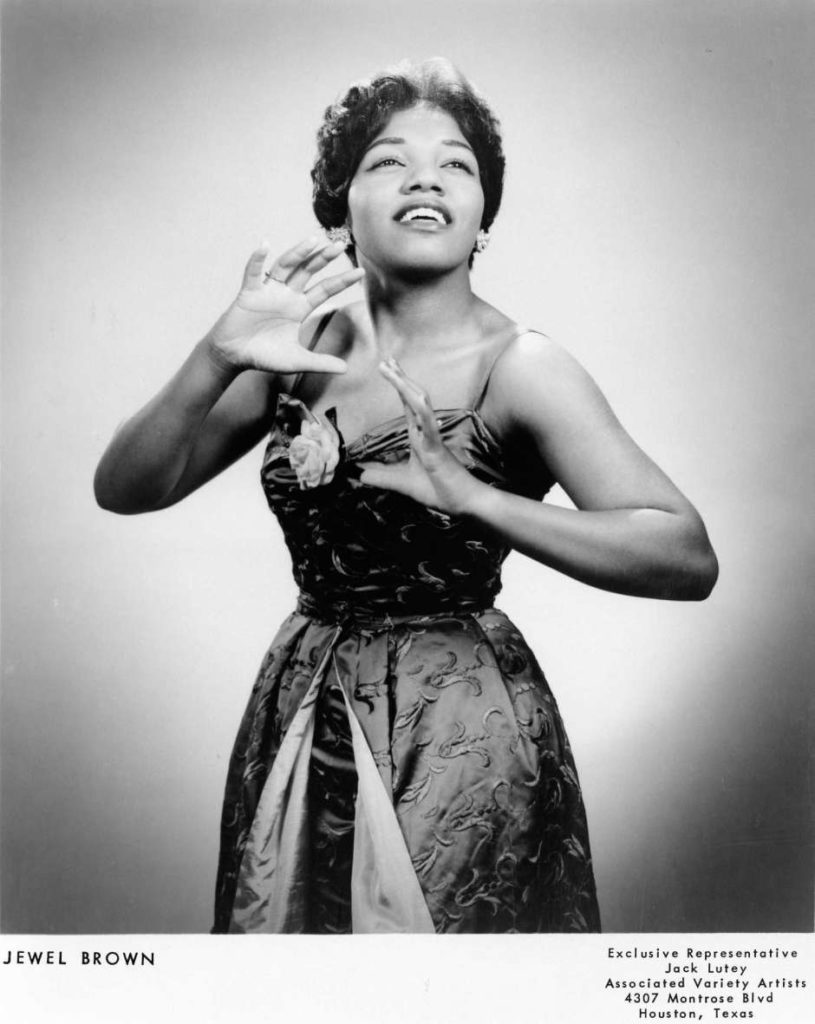
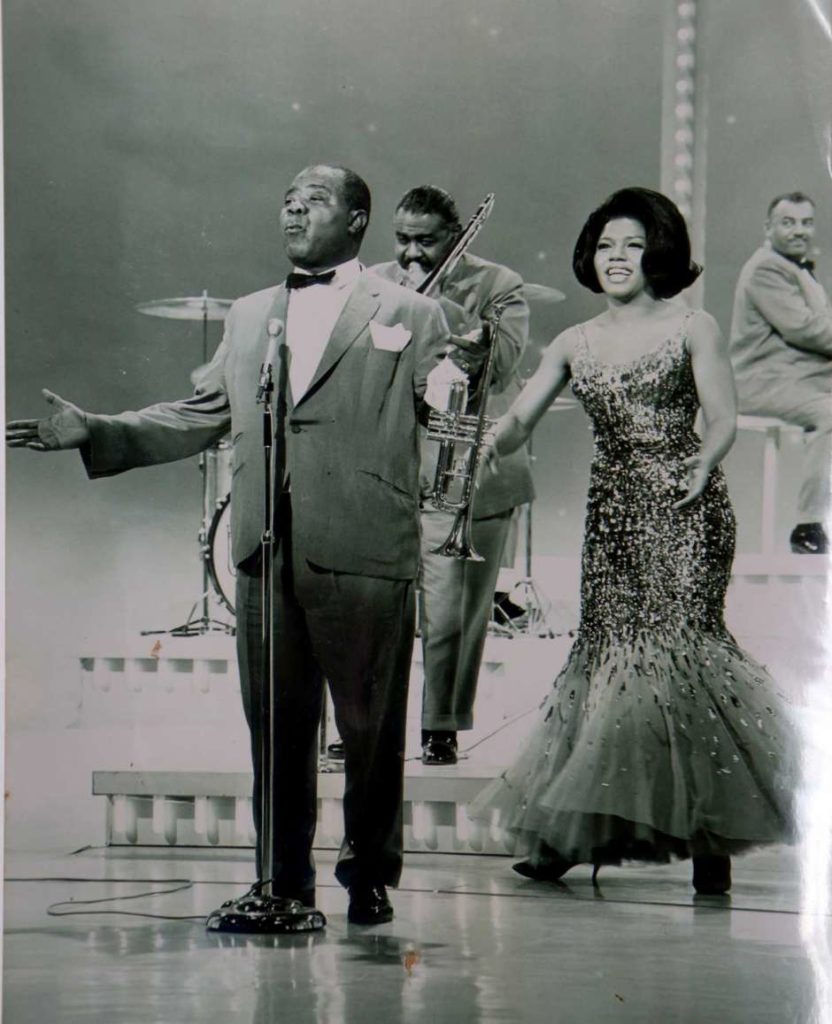
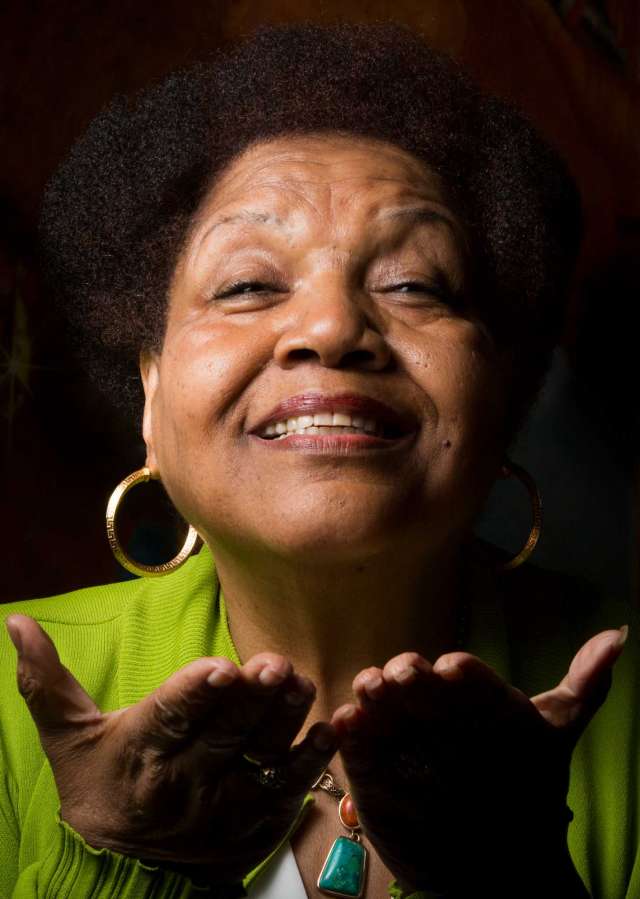
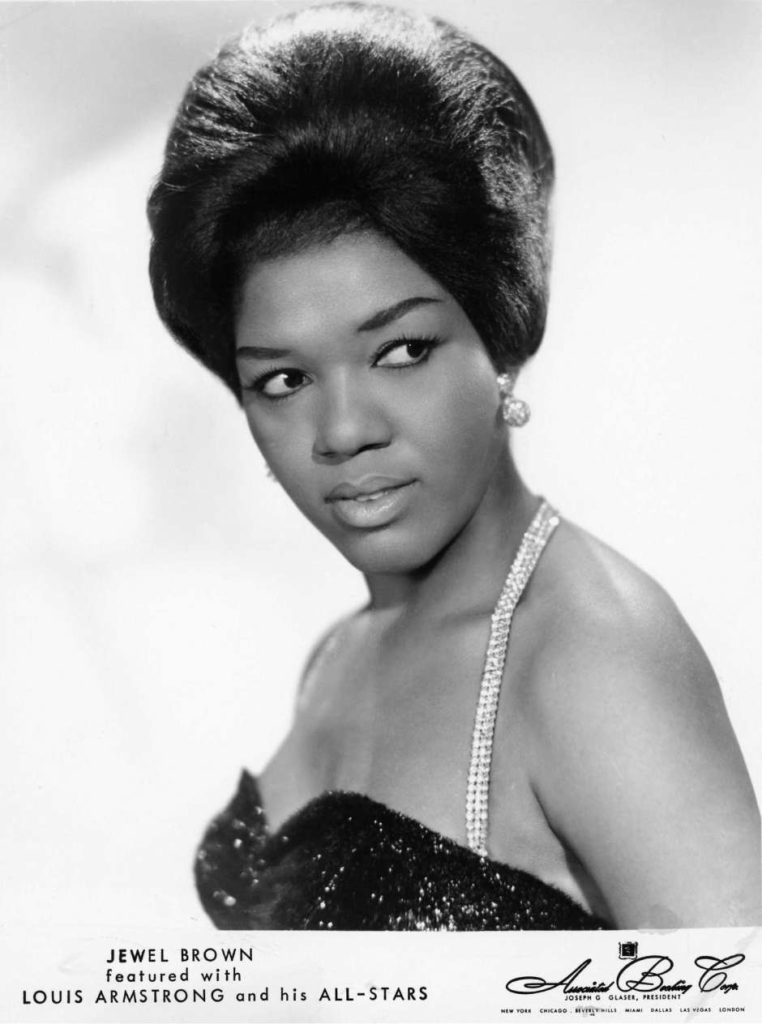
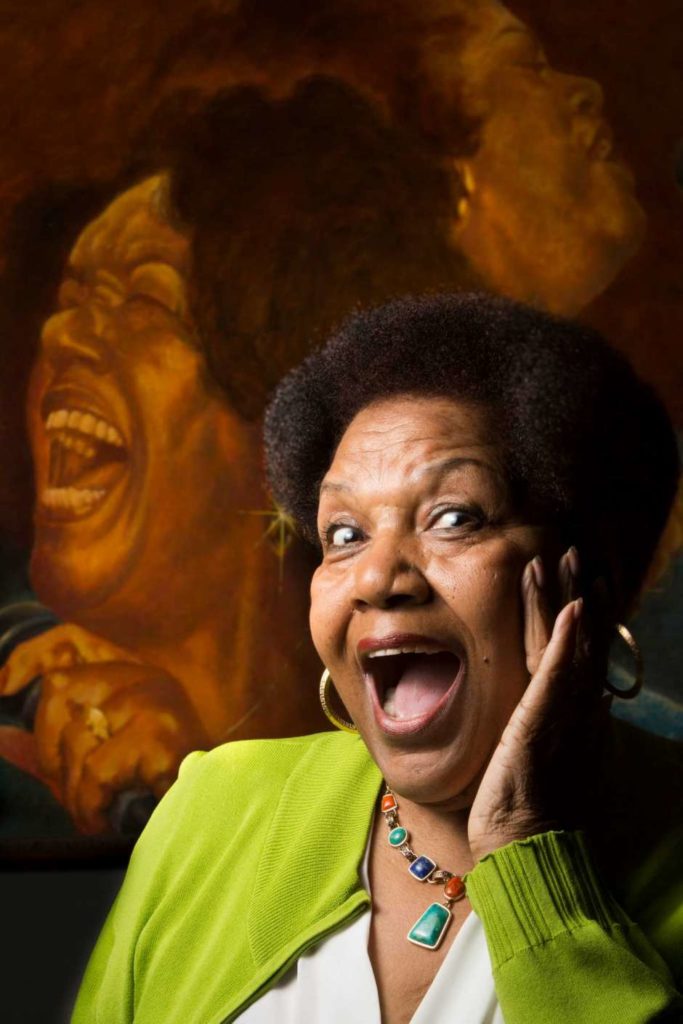
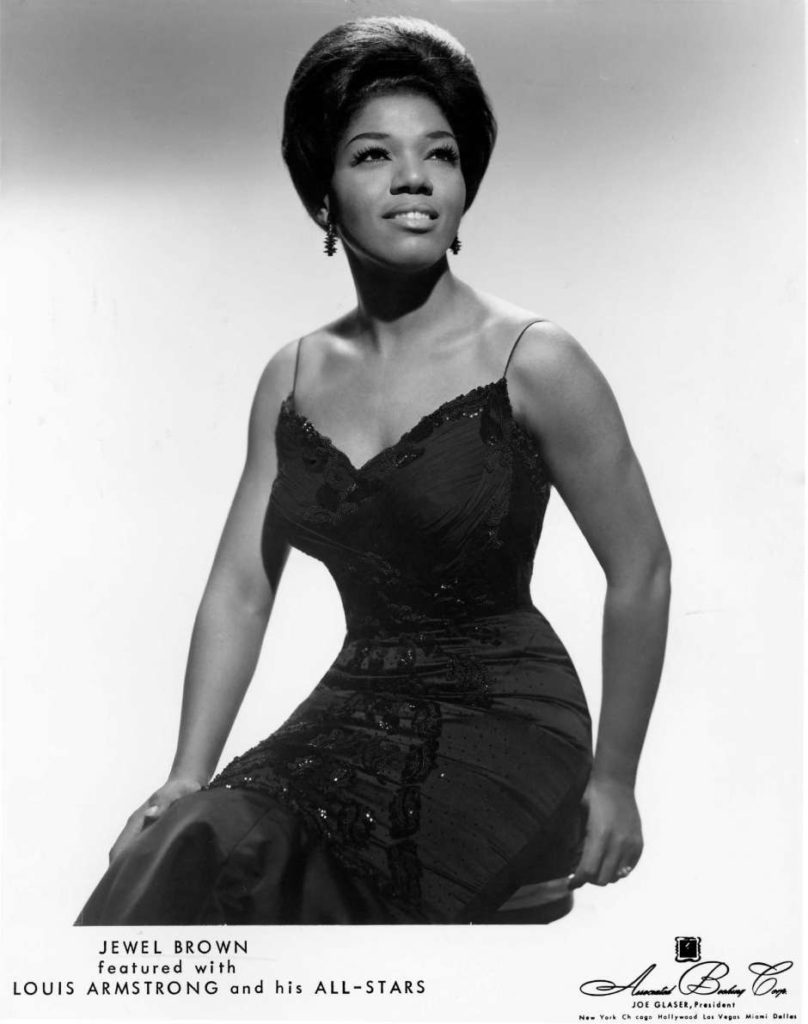
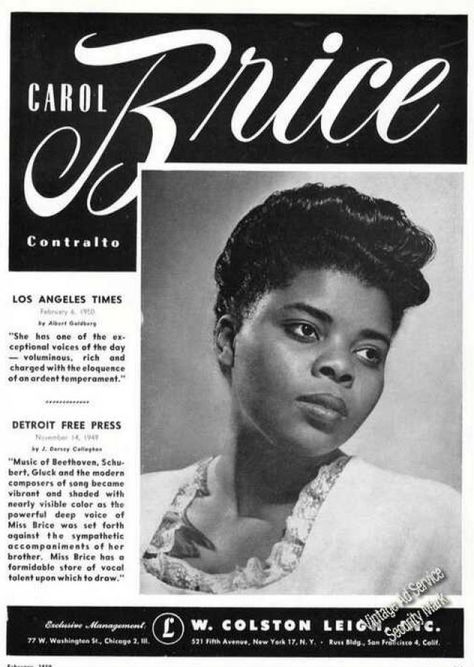
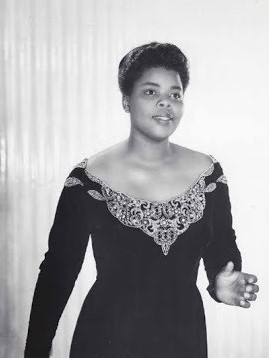
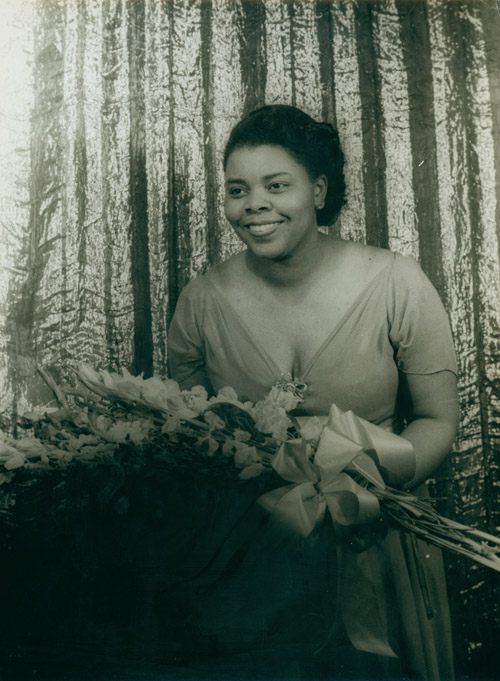
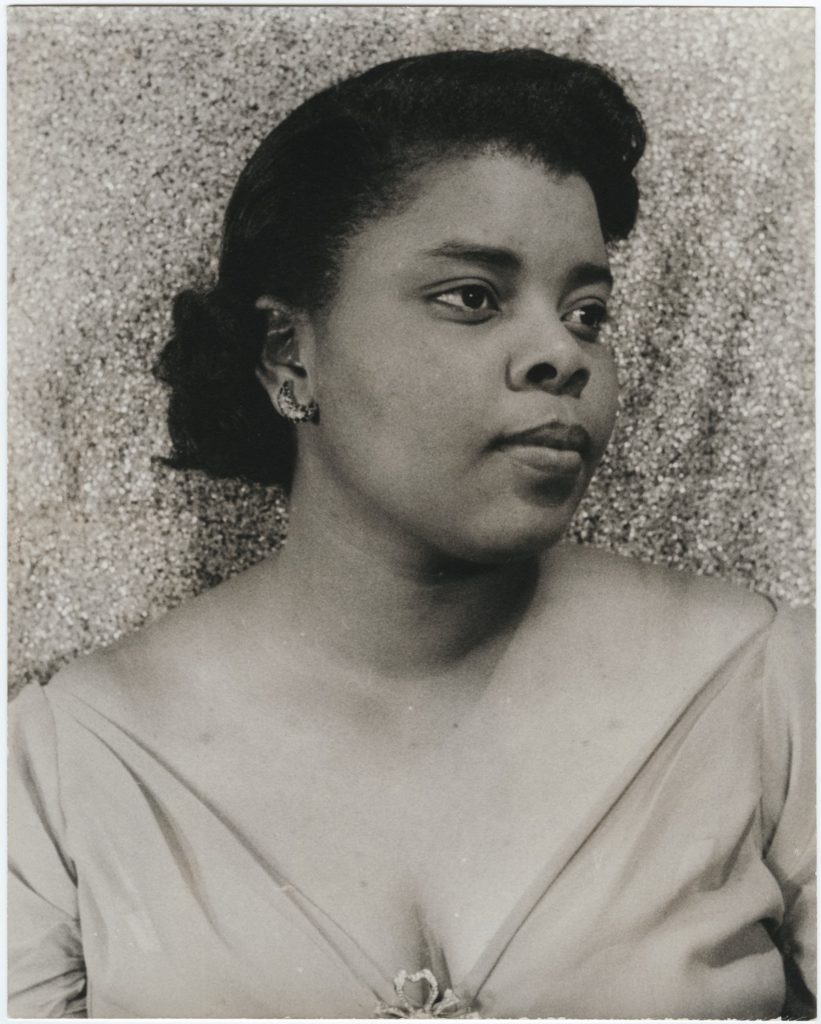
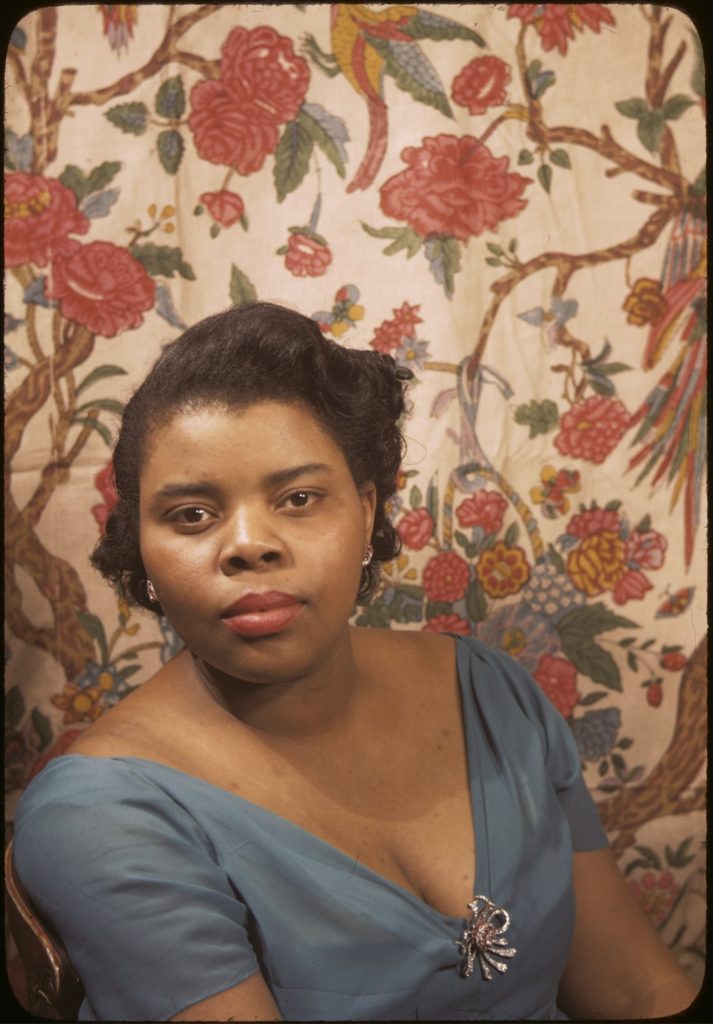
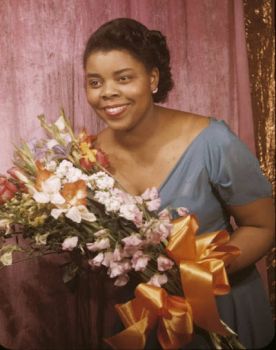
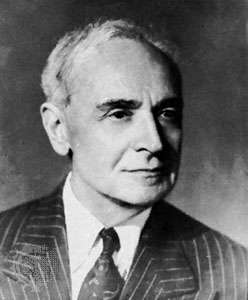
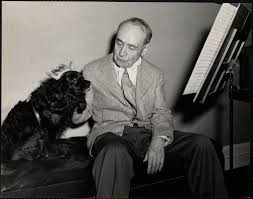
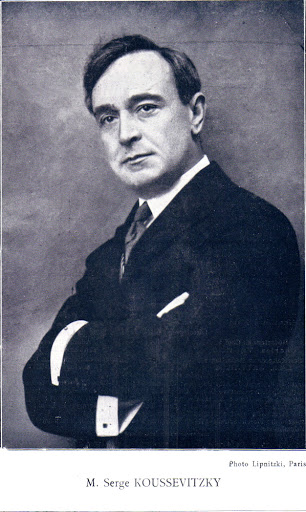
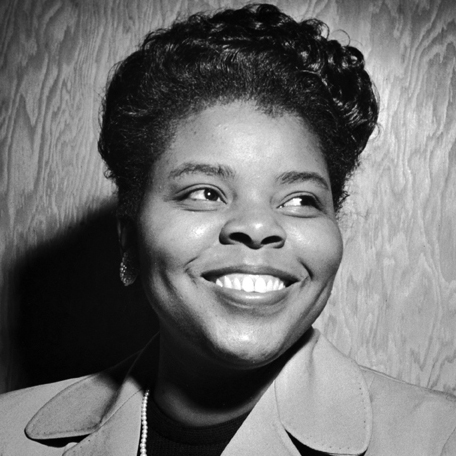
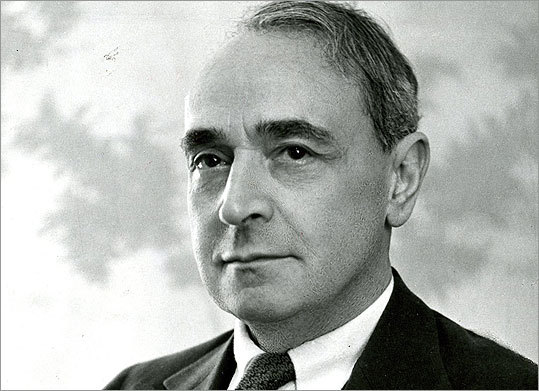
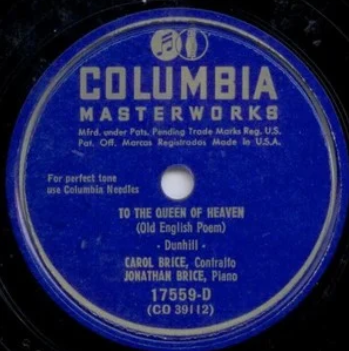
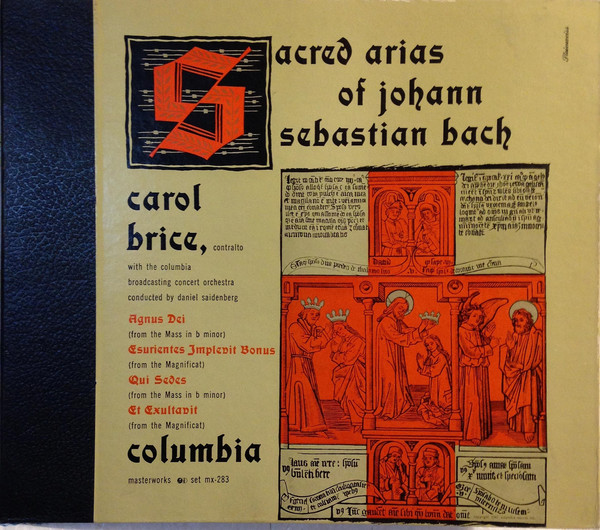
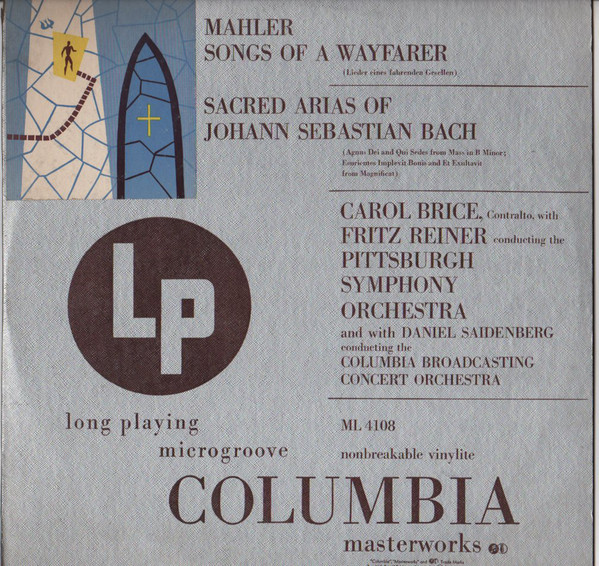
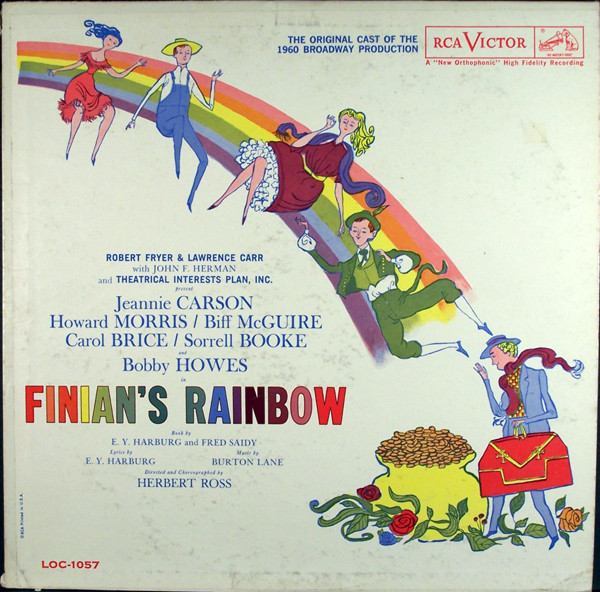
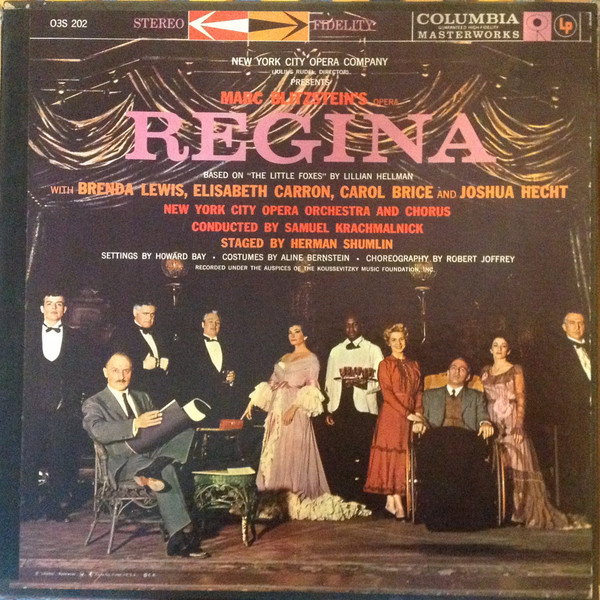
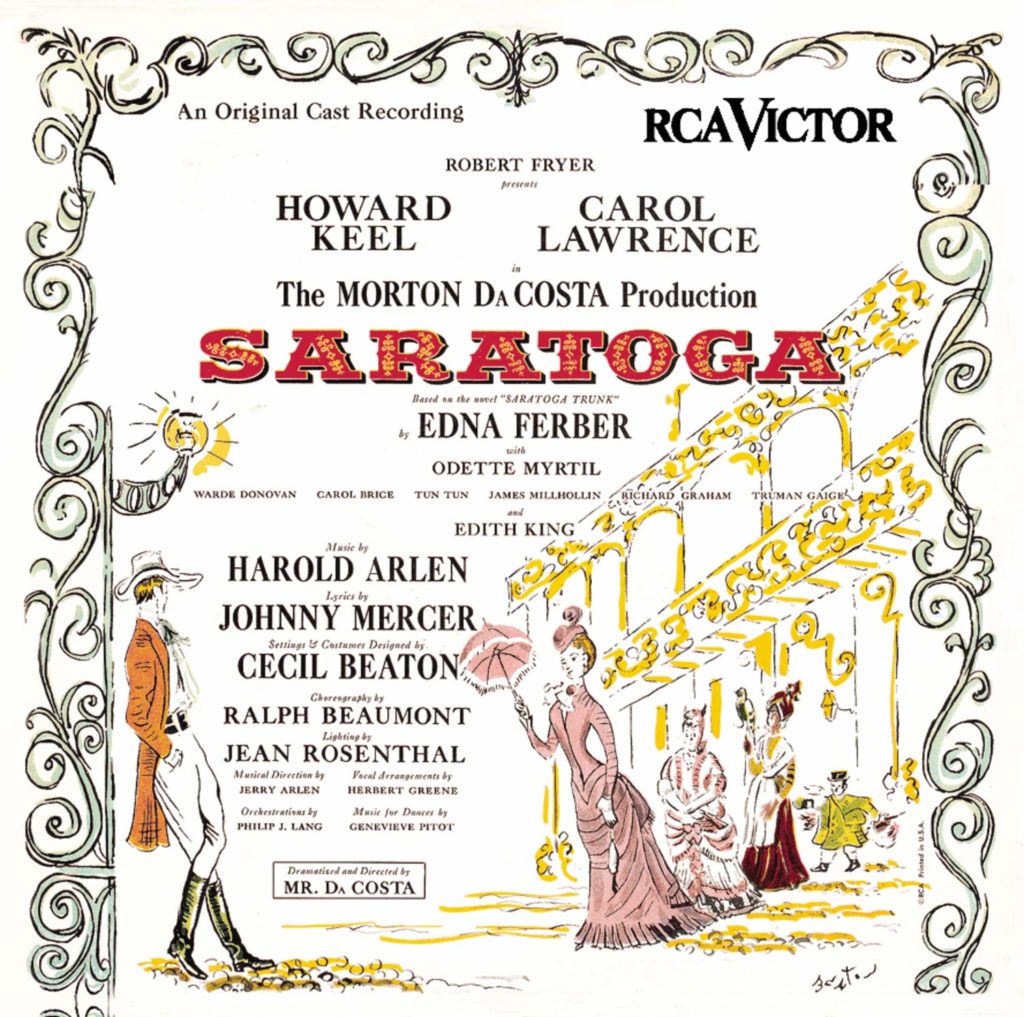
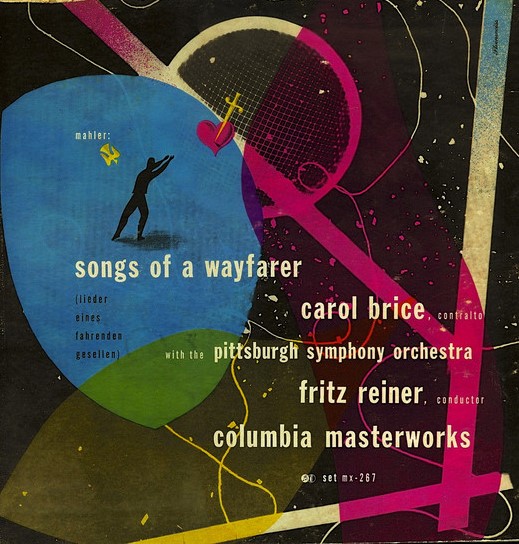
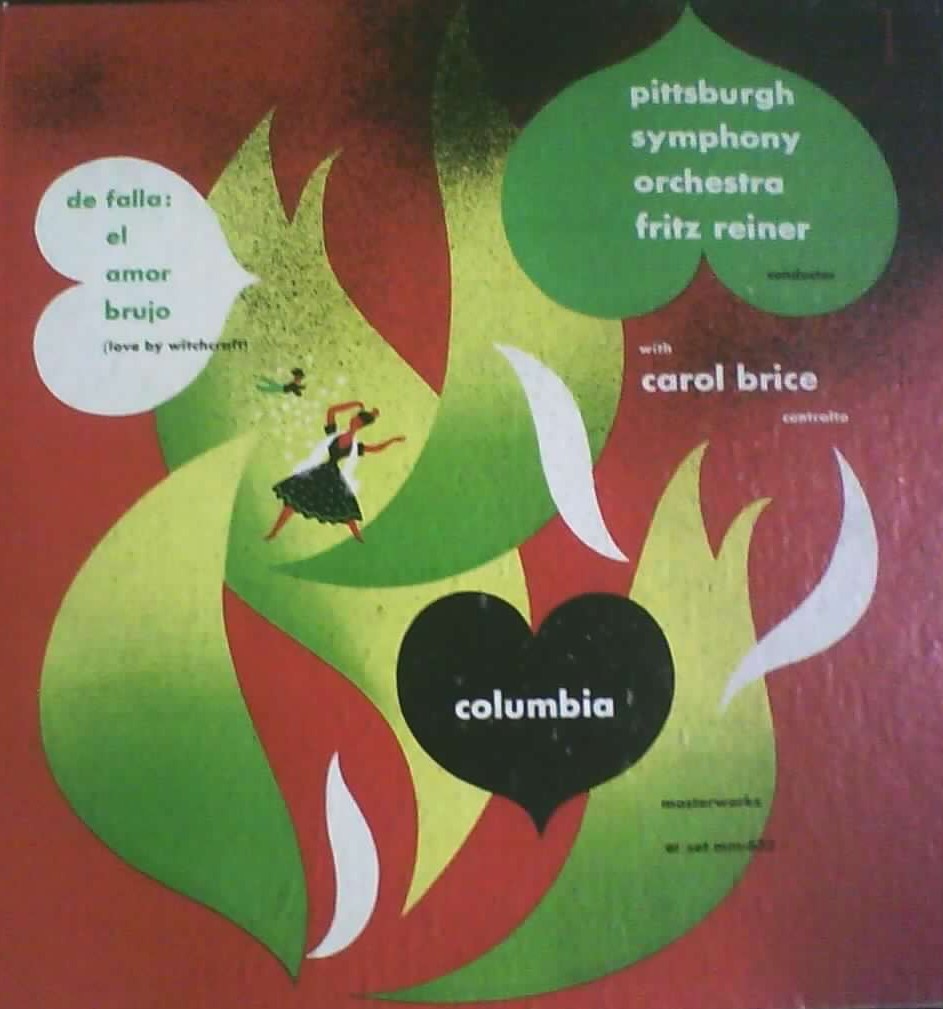
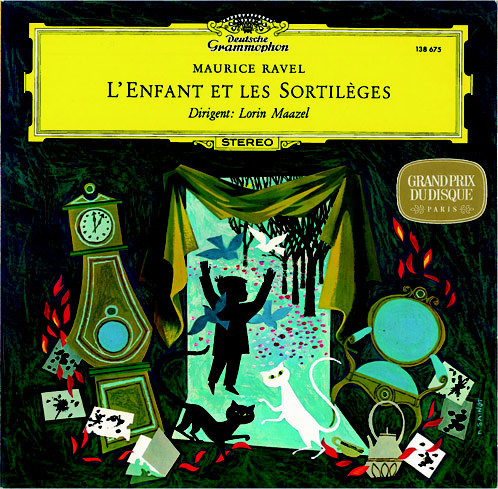
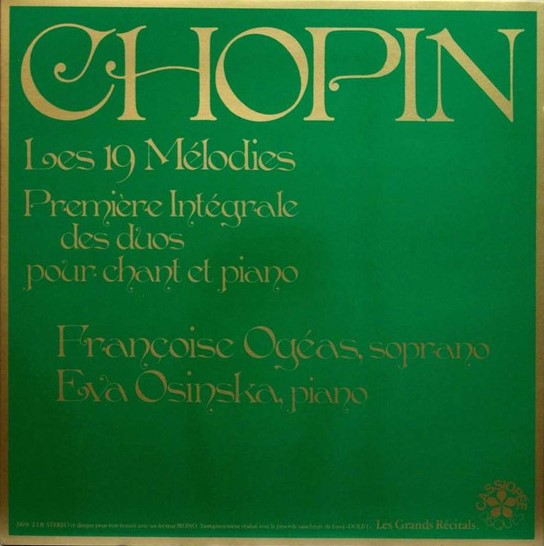
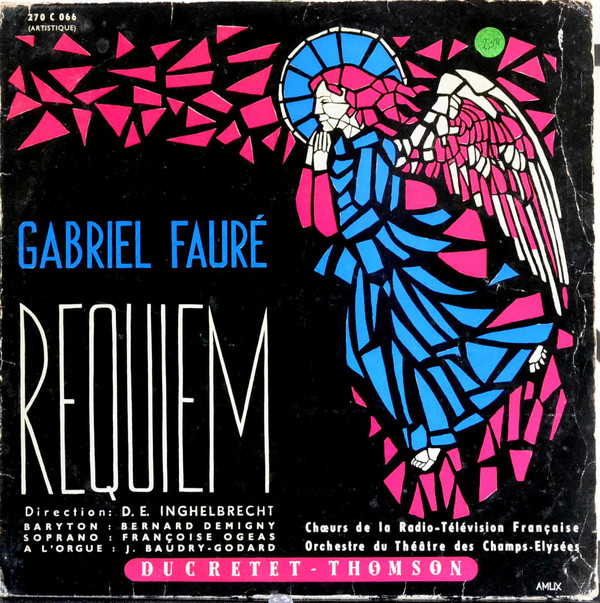
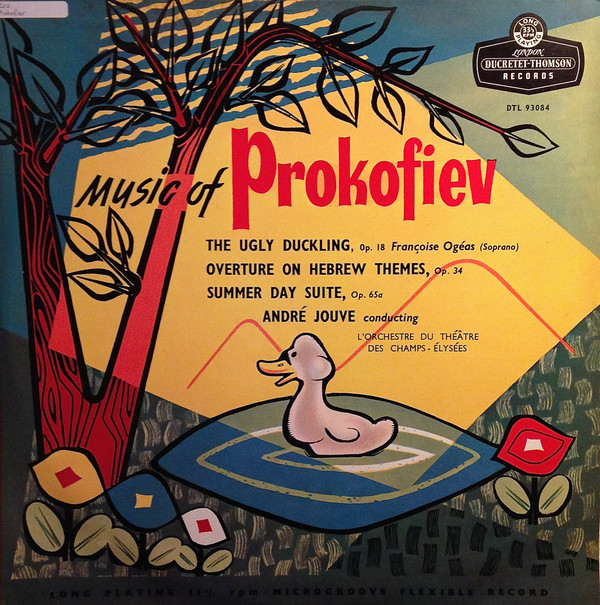
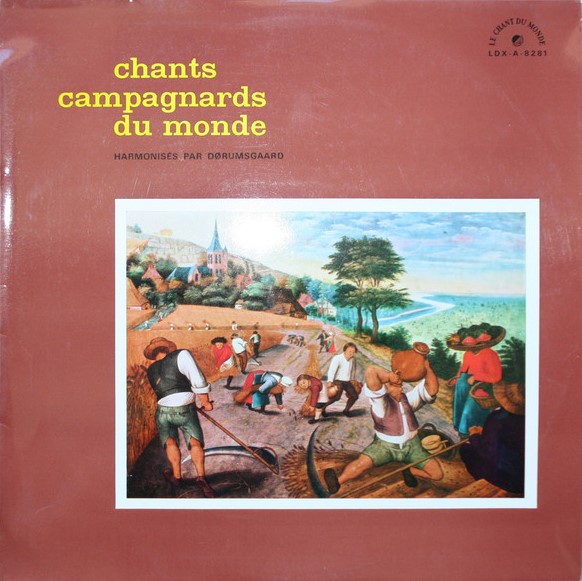
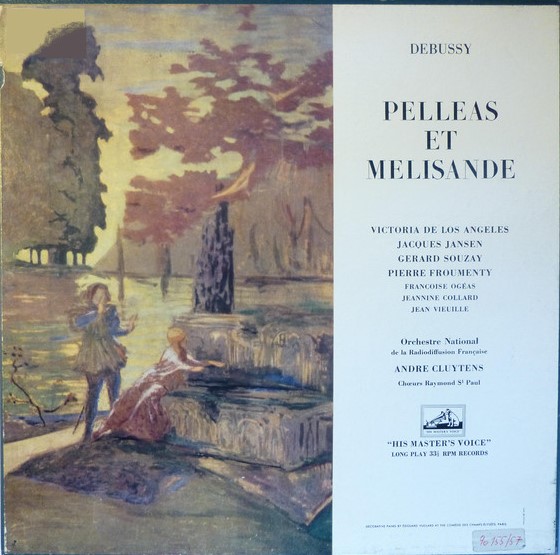
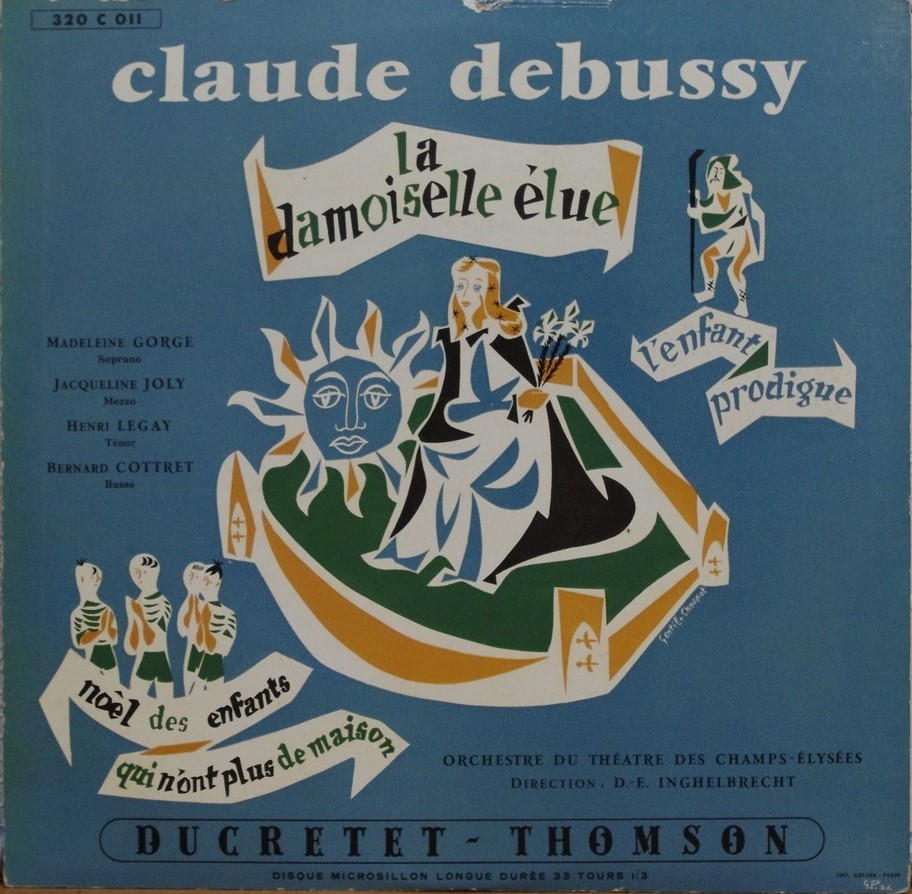
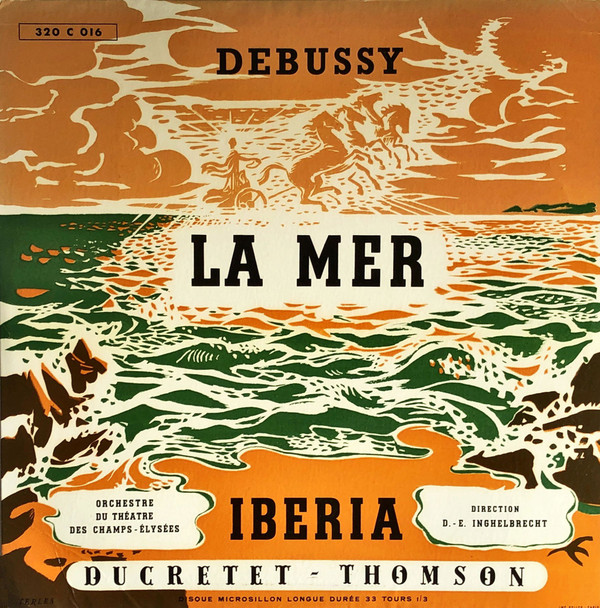
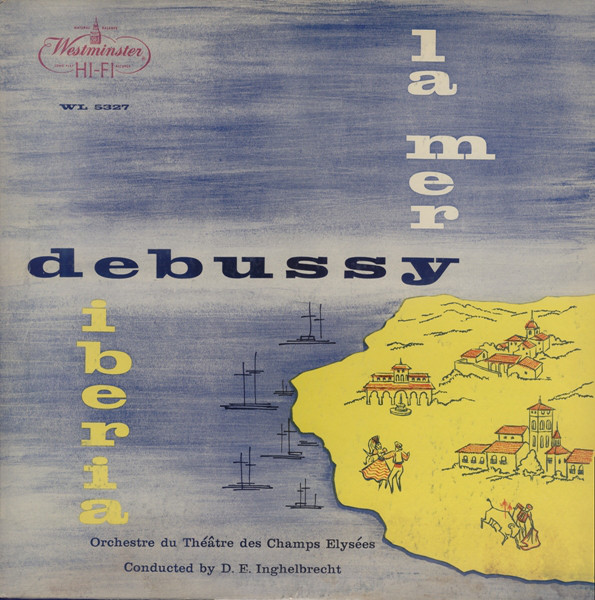
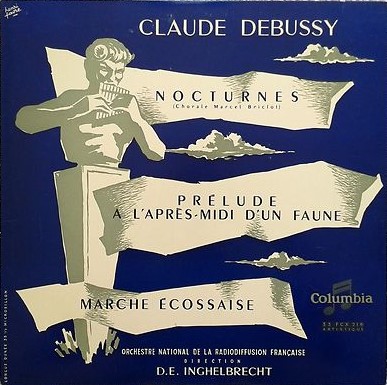
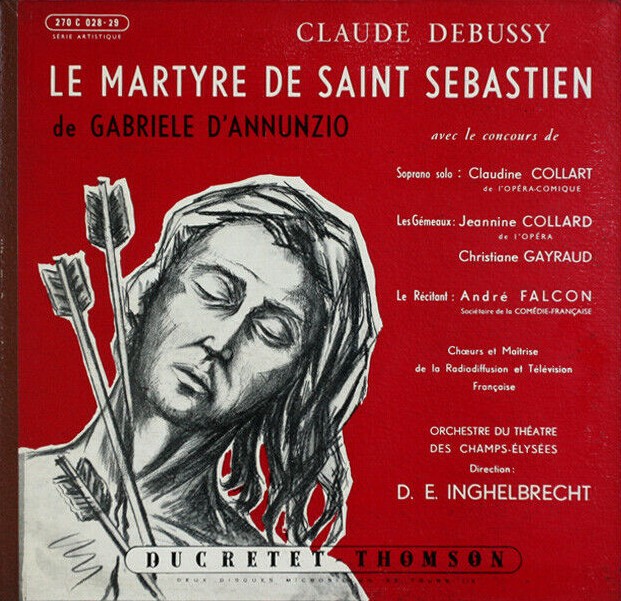
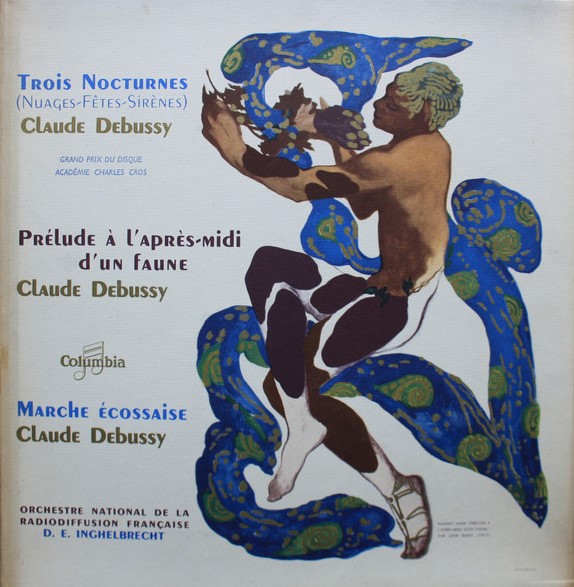
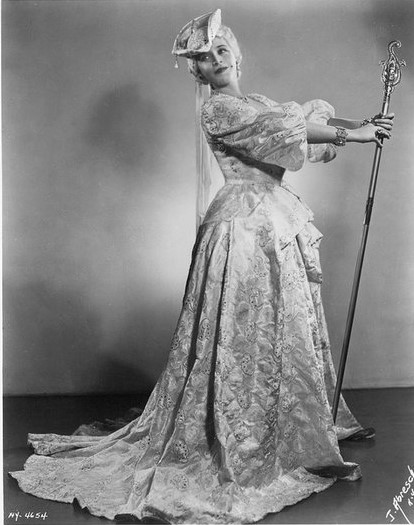
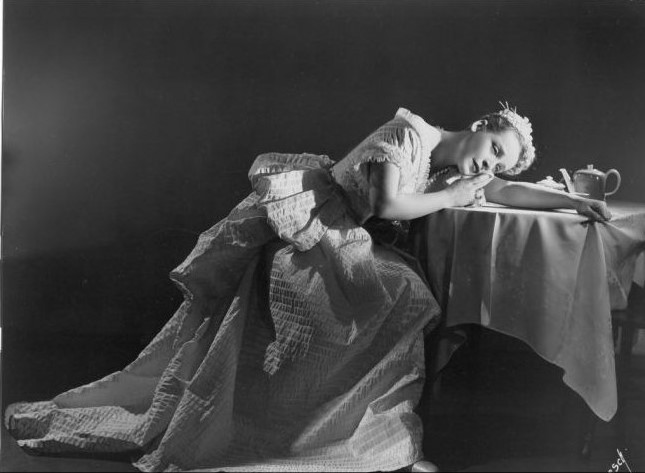
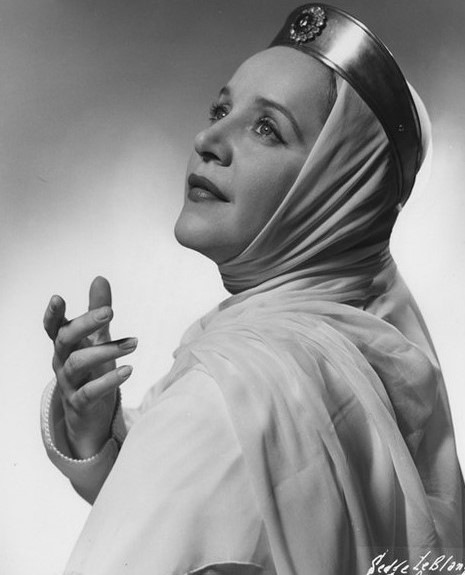
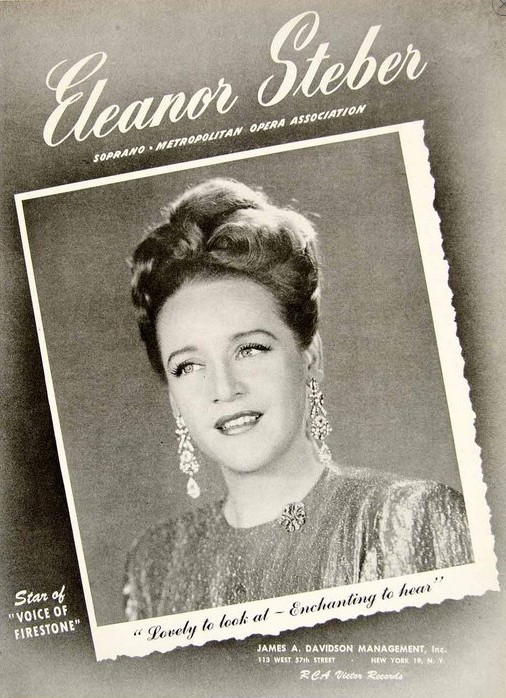
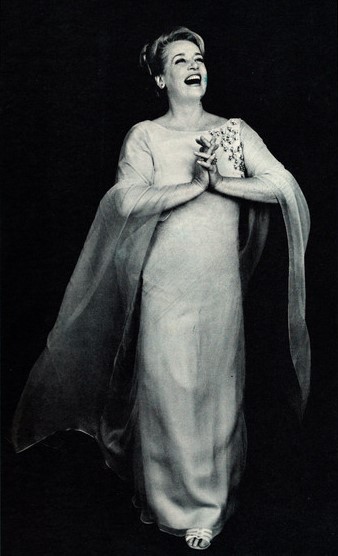
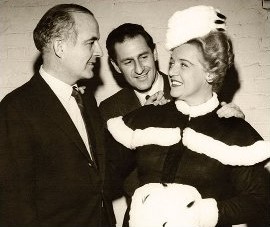
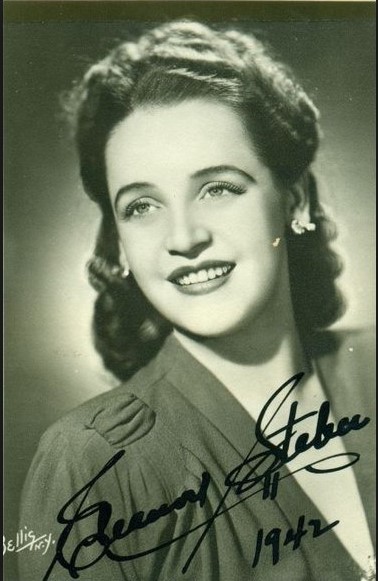
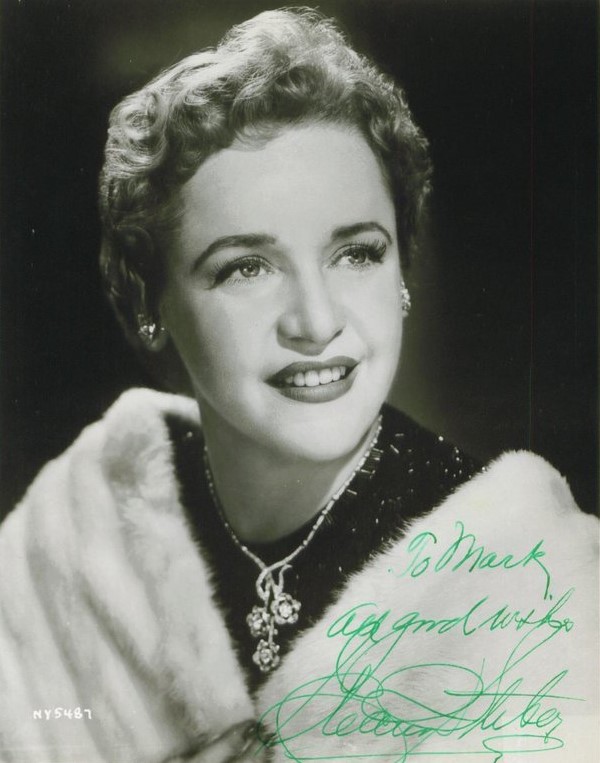
Dearest Daniel!
Assorted thoughts on this episode:
You sound just fine without your external mic; don’t curtail your speaking to us on that account.
I loved hearing you orate from the Agee poem before Barber takes it up!! How gorgeous it is.
I am grateful to have your voice in my house today.
Love,
Me